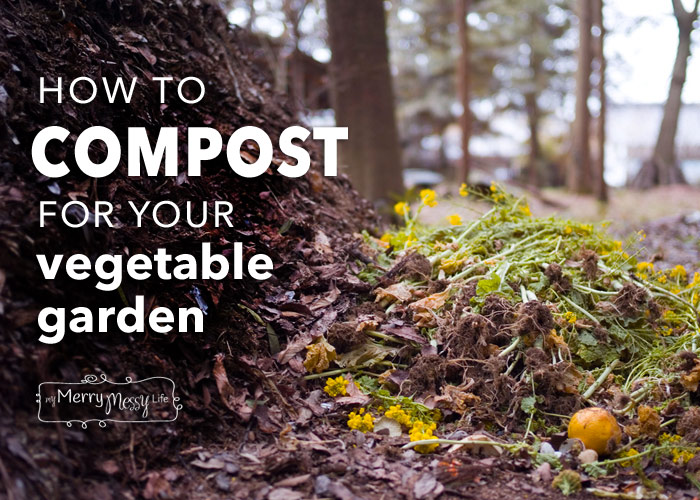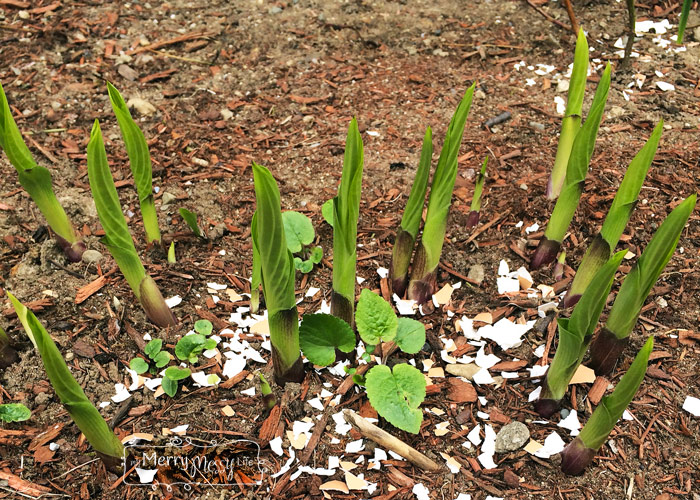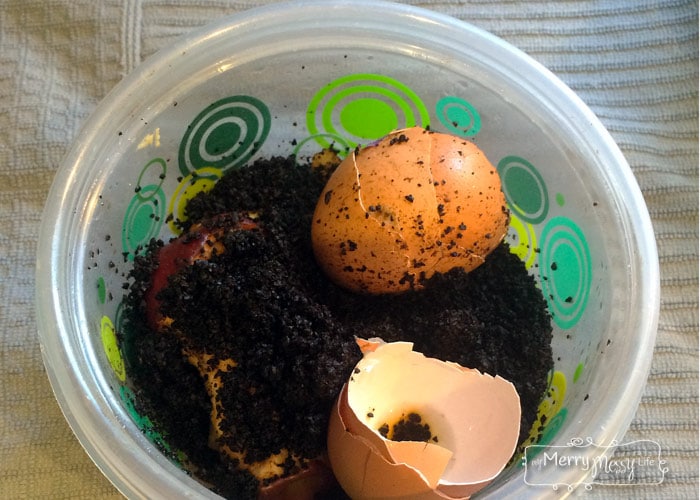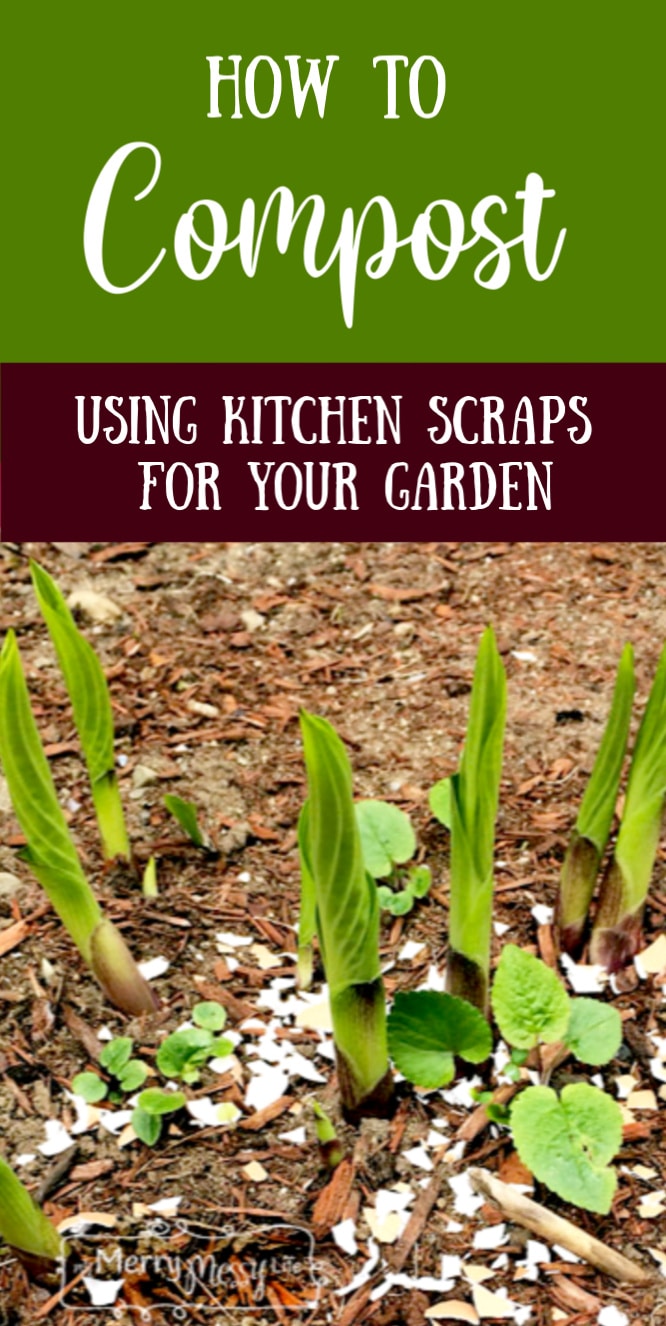How to Compost For Your Vegetable Garden Using Kitchen Scraps
Do you know how to compost so you can achieve “black gold”? When compost items decompose it becomes the beneficial, soil-improving material your plants need. Composting is really very easy and the best thing you can give your garden each year.
When you start a compost, you want to make sure it is built with the proper dimensions and maintained correctly. This will ensure that the pile heats up fast, decomposes uniformly and quickly, kills diseases, insects, and weed seeds and doesn't smell. If you just throw a pile together it will rarely heat up and, therefore, take longer to decompose and also wouldn't kill any diseases, insects, or weed seeds. It also just looks bad!

on Amazon or sometimes you can get them from your town office pretty inexpensively. It benefits the town for you to cut down on waste, so they usually offer some kind of coupon or product to facilitate composting. We got our compost bin from the town – it's pretty basic but does the job. In my experience a compost bin like the tumbler shown in this photo is better for mixing. When you use one that's a deep container, like I have, it's very hard to mix and achieve the results you want for your garden.
What to Add to Compost
- Hay, straw, pine needles
- Leaves
- Kitchen scraps – egg shells, old bread, vegetable and fruit scraps, coffee grounds
- Old vegetables, flowers, or trimmings from trees and shrubs
- Sawdust
- Wood chips
- Weeds
- Shredded black and white newspaper
What NOT to Add
- Kitchen scraps like meats, oils, fish, dairy products, and bones. They attract unwanted animals, such as rats and raccoons, to the pile.
- Diseased or insect-infested vegetable or flower plants
- Herbicide-treated grass clippings or weeds
- Dog, cat, or pig feces
Composts LOVE Coffee Grounds – Feed the Soil, Deter Pests, Feed Worms
When coffee is brewed, the acid is removed and the grounds become neutral and nitrogen-rich. Being rich in nitrogen means they will help heat up your compost and aid in a faster decomposing time.
Another way to use your grounds is to work them well into the soil before you plant your garden. Or consider lightly sprinkling them around your garden before a good watering as if they were a slow-release nitrogen fertilizer. I save my coffee grounds and eggshells and have my kids put them around the plants outside. Then they get to water them, too, making them feel super helpful!
Spreading coffee grounds and crushed egg shells around plants can also deter pests like slugs, an added bonus!
Compost Tea for Plant Food
Did you know you can make a compost tea with your kitchen scraps? Try grounds and water for a weak mix and let it heat up. Strain it and spray on the plant leaves. I've never actually tried this but hear it works really well.
You can keep a container in the kitchen
for your grounds after you brew your coffee and then dump them all into your compost bin at the end of the week. Alternatively, you can get larger quantities by visiting your local coffee shops and asking for their grounds. Consider making arrangements to pick up their waste on a specific day each week and they'll keep you “grounded”. Do watch your ratio though, as it should not be more than 20-25% of your total compost material.
The next time you have coffee or eggs, save the remains for the benefit of your garden. Put them in your compost pile, feed the worms, work into the soil, or use in a tea, and watch your plants thrive.
Do you have limited space? You can still compost and use it in your container gardening! Read more at Container Gardening!
Photo credit: Flickr





